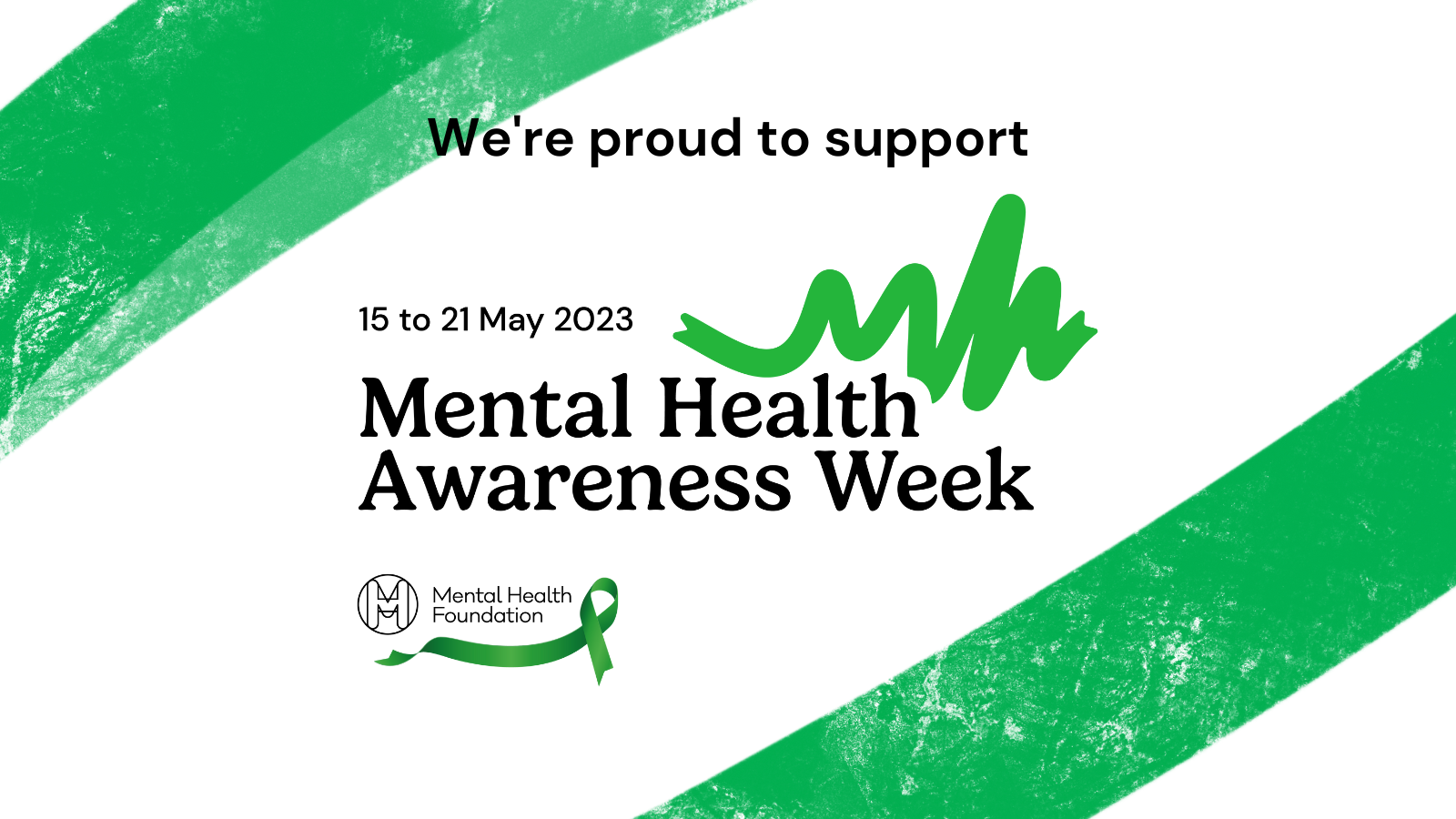This week is mental health awareness week. For me, weeks like this are so important. Not only do they bring awareness to various topics, but they also help us to have conversations that we might not otherwise have; normalising being open and honest about our wellbeing. We all have mental health, in the same way physical health can change, so can mental health. Mental health awareness week is an ideal time for us all to think about mental health, tackle stigma, and find out how we can prevent poor mental health from developing.
As Inclusion and Wellbeing Lead at 888 William Hill, one of my responsibilities is to drive our wellbeing agenda. Amongst other things, this includes providing colleagues with the tools to understand and improve their own wellbeing and working with leaders to enable them to create safe spaces for their teams, where wellbeing is prioritised.The theme for mental health awareness week this year is anxiety. And in the spirit of having open and honest conversations about our wellbeing, this is an area where I experience poor mental health.
For me, symptoms present as loss of sleep, trouble concentrating, irritability, compulsive behaviours and in certain situations a feeling of panic with breathlessness, thumping heart, and a churning feeling in my stomach. For other people, symptoms of anxiety may also include sweating, shaking, feeling sick, clouded thinking, over-active imagination, and hyper-alertness.
Anxiety, as I experience it today, is a relatively new thing for me.When I was younger, I got nervous about exams, job interviews, public speaking etc. but now other, everyday situations can trigger a response.
For some of these situations I can pinpoint when I started to experience feelings of panic. For example, I started experiencing anxiety about going to the supermarket after a series of trips that I found stressful, including screaming babies (my own), a car bump in a supermarket car park and finding I’d misplaced my handbag somewhere in the store when I got to the till with my trolly full of shopping.
Anxiety is our body’s way of protecting us from danger, but sometimes, it overestimates the threat level. Through these incidents I learned that going to the supermarket is stressful and should be avoided as my body reacts, or overreacts, accordingly.
Different people have different ways of coping with anxiety, depending on their symptoms and the severity of the reaction. Some methods are proactive. With my supermarket example, I must re-learn about the experience of supermarket shopping – thinking about what worries me, challenging my thoughts and exposing myself to the situation. I still prefer to do my shopping online but doing it in person no longer poses the issue it once did.
There are also times when I have an anxiety reaction to a situation, and I don’t know why. In these instances, I need to be more reactive with my coping strategy. The most effective method I have found is to distract myself by making myself present in the moment using the 5-4-3-2-1 method. I pause and list five things I can see, four things I can hear, three things I can touch, two things I can smell and one thing I can taste. I very often don’t get as far as smell or taste before I feel calmer and able to continue.
If you find yourself struggling with anxiety, helpful tips for coping can be found on the mental health.org website. Why not use this week as an opportunity to take a look at your own mental health?








